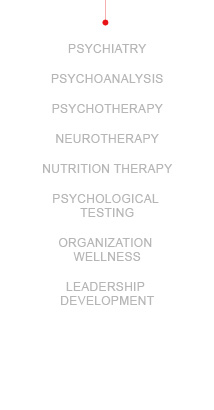Binge-eating disorder is a serious eating disorder in which you frequently consume unusually large amounts of food. Almost everyone overeats on occasion, such as having seconds or thirds of a holiday meal. But for some people, overeating crosses the line to binge-eating disorder and it becomes a regular occurrence, shrouded in secrecy.
People suffering with Binge Eating/Compulsive Overeating have what is characterized as an “addiction” to food, using food and eating as a way to hide from their emotions, to fill a void they feel inside, and to cope with daily stresses and problems in their lives. They may feel unable to stop eating, eat very fast, eat when they’re not hungry, eat when they’re only alone, or eat nearly non-stop throughout the day.
When you have binge-eating disorder, you may be deeply embarrassed about gorging and not knowing how to stop. But you feel such a compulsion that you can’t resist the urges and continue binge eating.
Although binge-eating disorder is the most common of all eating disorders, it’s still not considered a distinct psychiatric condition. But if you have binge-eating disorder symptoms, treatment can help you.
When you have binge-eating disorder you often have numerous behavioral and emotional signs and symptoms, such as:
- Eating large amounts of food
- Eating even when you’re full
- Eating rapidly during binge episodes
- Feeling that your eating behavior is out of control
- Eating a lot even though you’re not hungry
- Depression
- Anxiety
- Frequent dieting, possibly without weight loss
- Frequently eating alone
- Feeling depressed, disgusted or upset about your eating
After a binge, you may try to diet or eat normal meals. But restricting your eating may simply lead to more binge eating, creating a vicious cycle.
You may have no obvious physical signs or symptoms when you have binge-eating disorder. You may be overweight or obese, or you may be of a normal weight.
When to see a doctor
If you have any binge-eating disorder symptoms, seek medical help as soon as possible. Binge-eating disorder usually doesn’t get better by itself, and it may even get worse if left untreated.
If you have a primary care doctor, talk to him or her about your binge-eating symptoms and feelings. Or seek help directly from a mental health provider. If you’re reluctant to seek treatment, try to work up the courage to talk to someone about what you’re going through, whether it’s a friend or loved one, a health care professional, a teacher, a faith leader or someone else you trust. They can help you take the first steps to successful binge-eating disorder treatment.
Helping a loved one with binge-eating disorder symptoms
If you have a loved one you think may have symptoms of binge-eating disorder, have an open and honest discussion about your concerns. You may not be able to force someone to seek professional care, but you can offer encouragement and support. You can also help your loved one find a qualified doctor or mental health provider and make an appointment. You may even be able to go to an appointment with him or her.

































